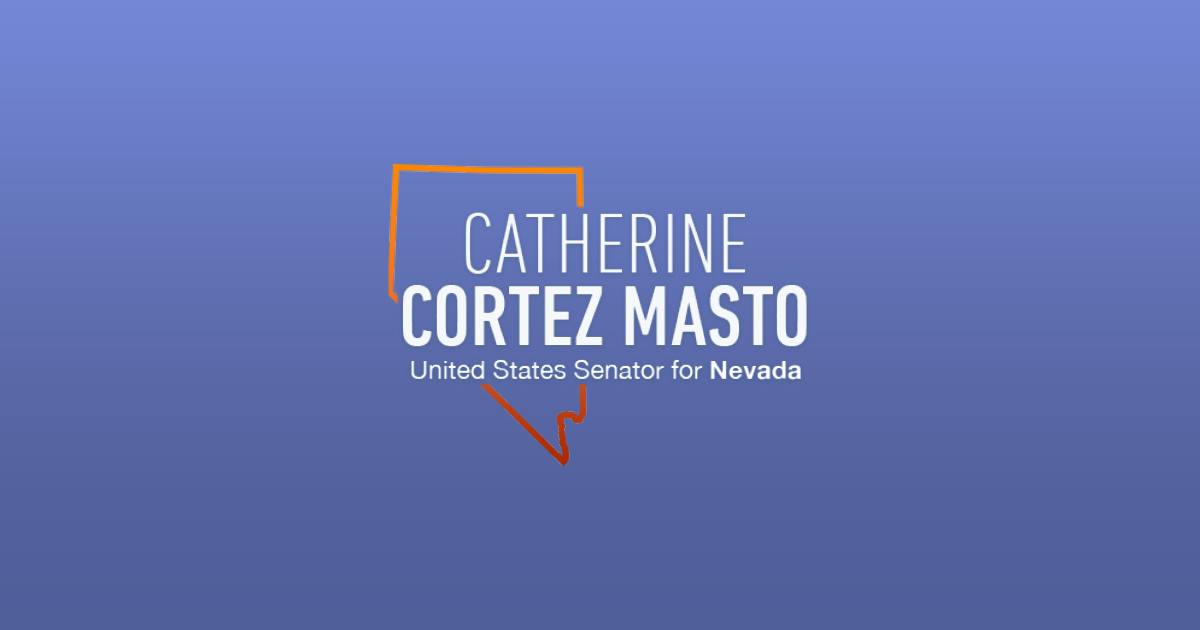Source: United States Senator for Nevada Cortez Masto
Washington, D.C. – Today, U.S. Senator Catherine Cortez Masto’s (D-Nev.) bill to make vital amendments to the Shoshone-Paiute Tribes of the Duck Valley Reservation Water Rights Settlement Act passed the Senate Indian Affairs Committee with bipartisan support. The legislation would allow the Tribes to collect over $5 million in interest that they are owed from their 2009 water rights settlement. Now that her legislation has cleared this critical procedural hurdle, it will advance to the full Senate.
“The Shoshone-Paiute Tribes of the Duck Valley Indian Reservation deserves the money owed to them, and it is past time we deliver it,” said Senator Cortez Masto. “I’ll keep pushing to pass my legislation and ensure that this technical oversight doesn’t keep critical funding from this community for any longer.”
Interest payments are commonplace in Indian water settlements but were inadvertently left out of this one. The Senator’s bill would correct this oversight and allow the Shoshone-Paiute Tribes of the Duck Valley Reservation to collect the full amount they are owed from the federal government.
Senator Cortez Masto has been a strong advocate on behalf of Tribes in Nevada and across the country. Understanding the importance of preserving Native heritage, she has worked to protect and support Tribal languages. The Senator has continuously highlighted the ongoing crisis of missing and murdered Indigenous women (MMIW), and she was instrumental in passing Not Invisible Act and Savanna’s Act into law. Most recently, she introduced the Bridging Agency Data Gaps & Ensuring Safety (BADGES) for Native Communities Act to address federal inefficiencies that hurt Bureau of Indian Affairs law enforcement recruitment and retention, increase the effectiveness of federal missing persons resources, and give Tribes and states resources to combat the crisis of missing and murdered Indigenous women and girls.
###
